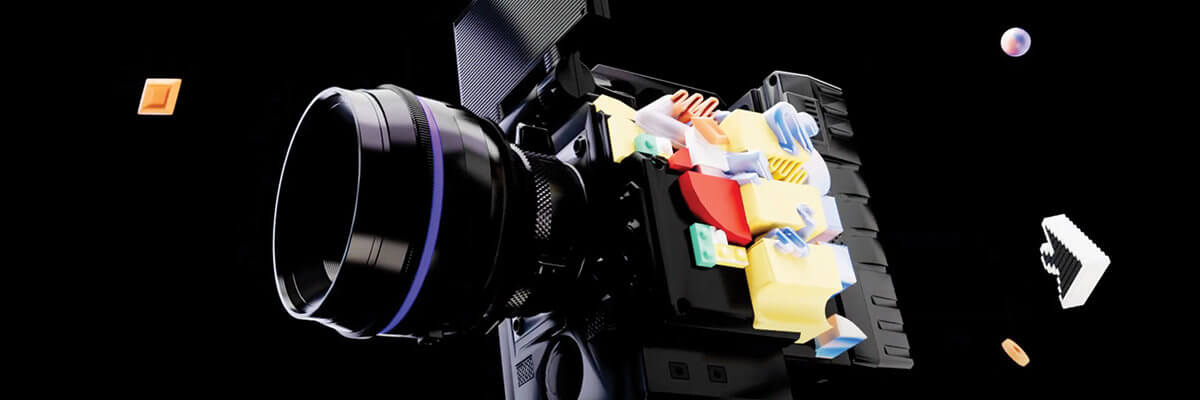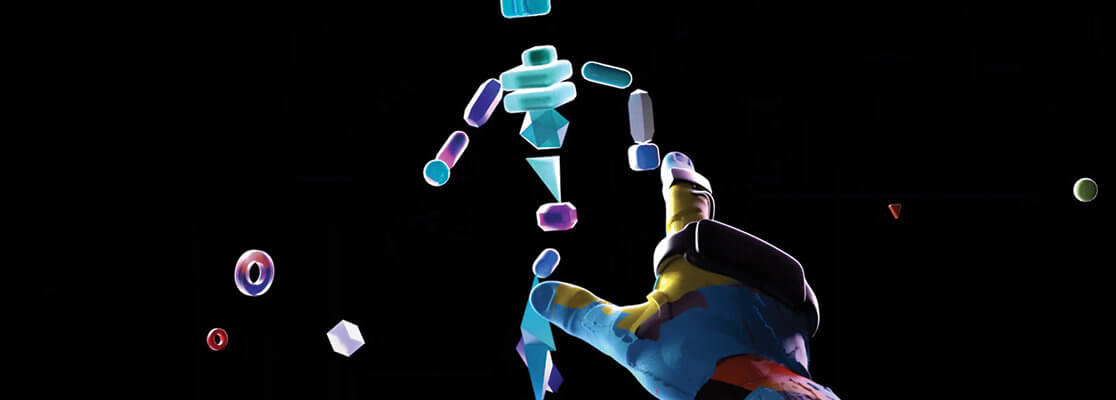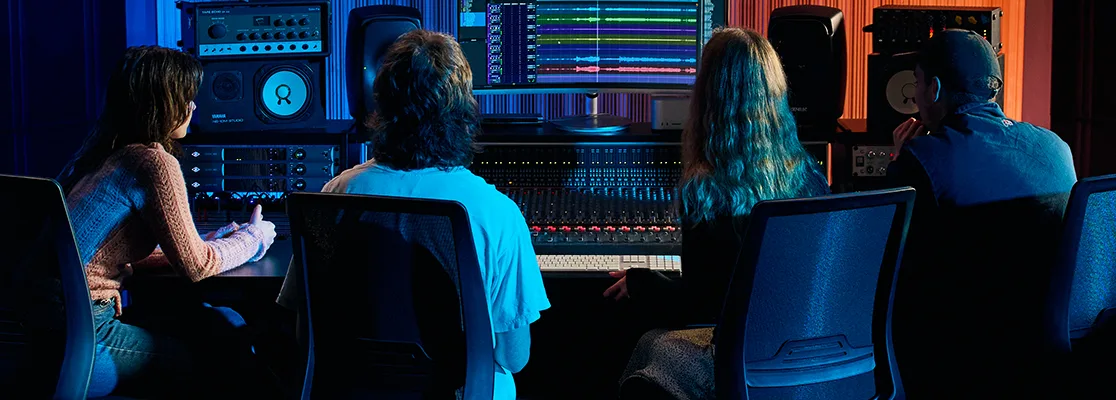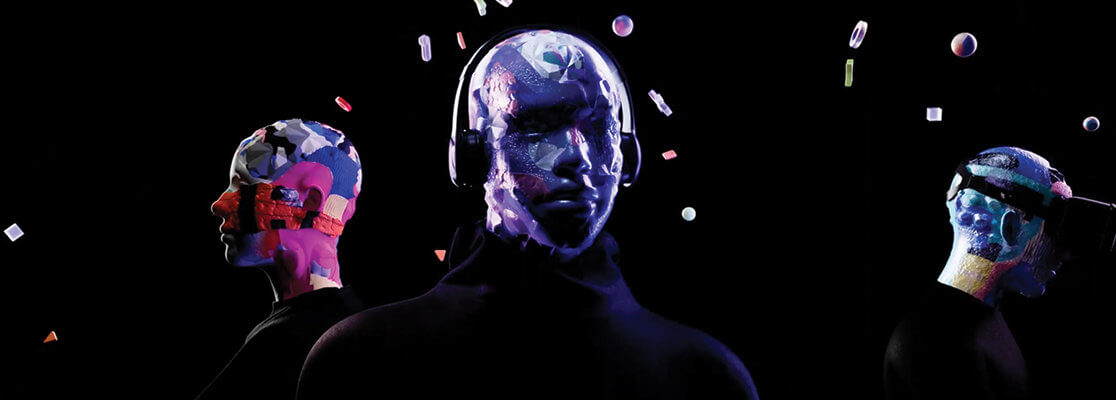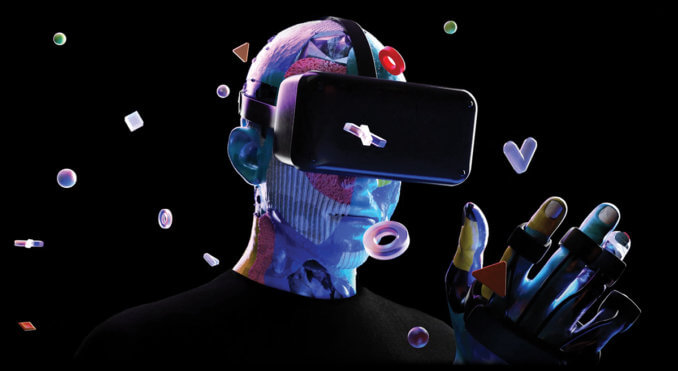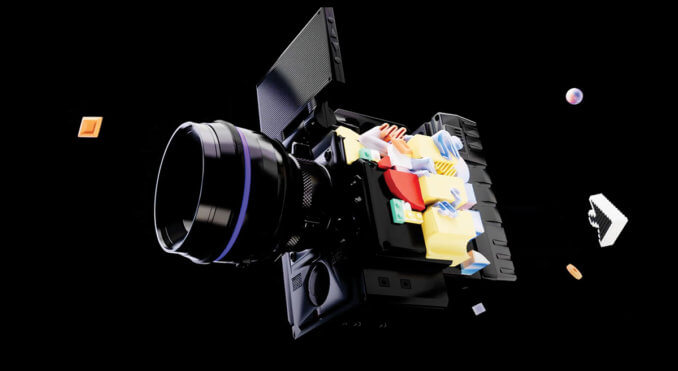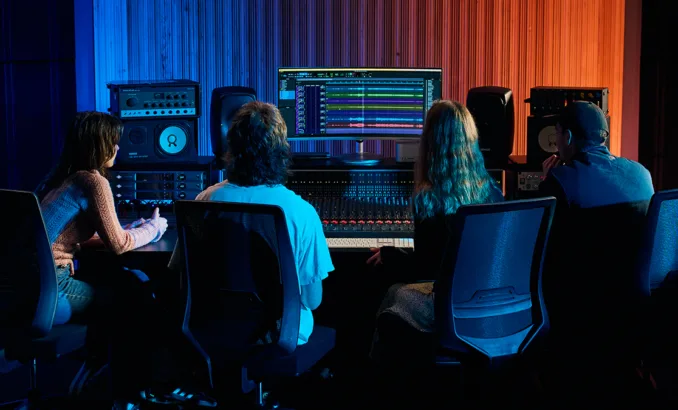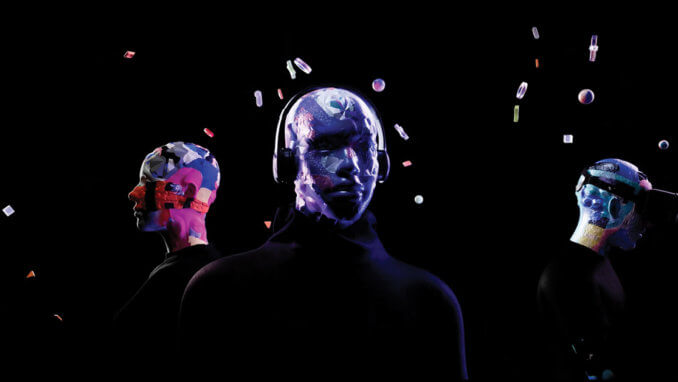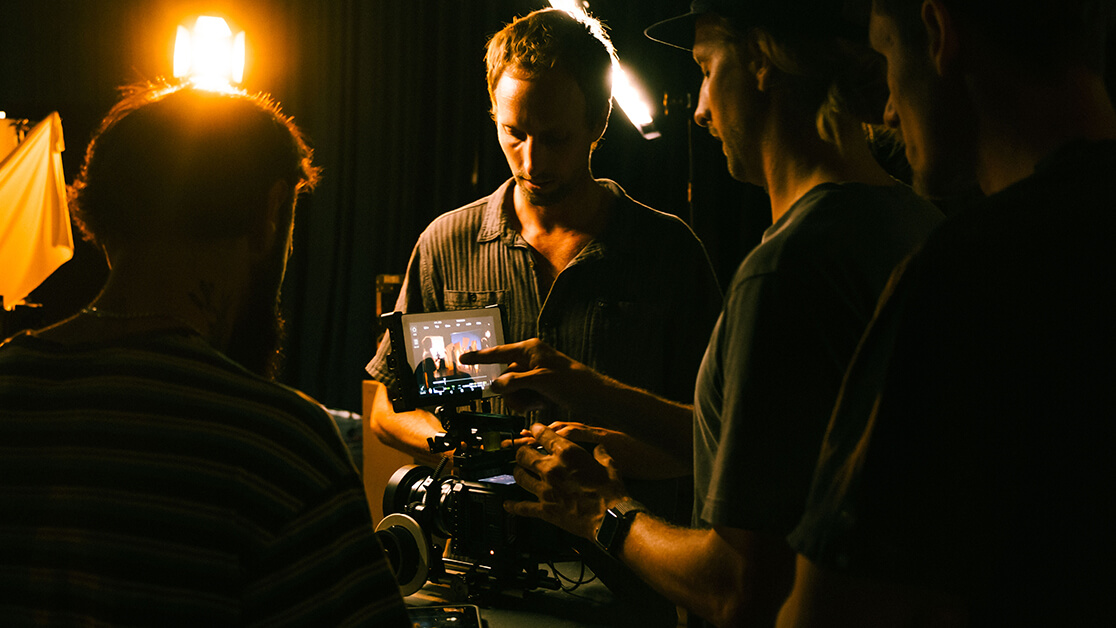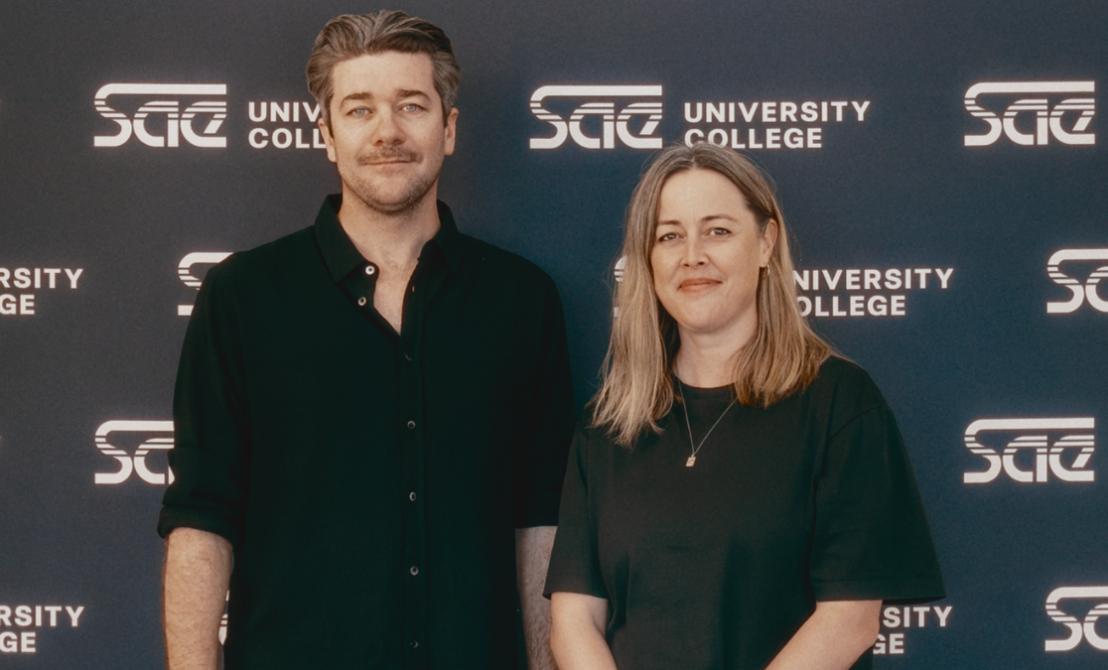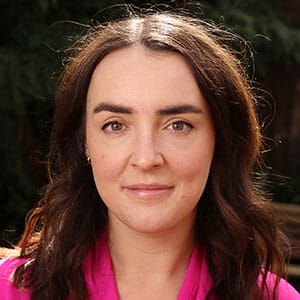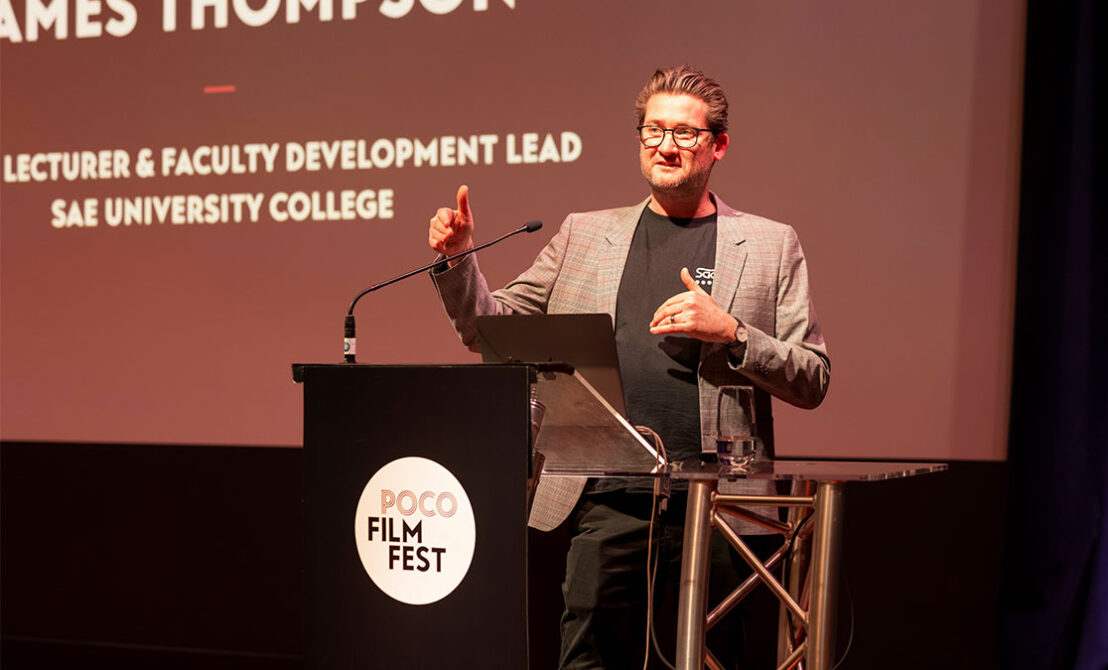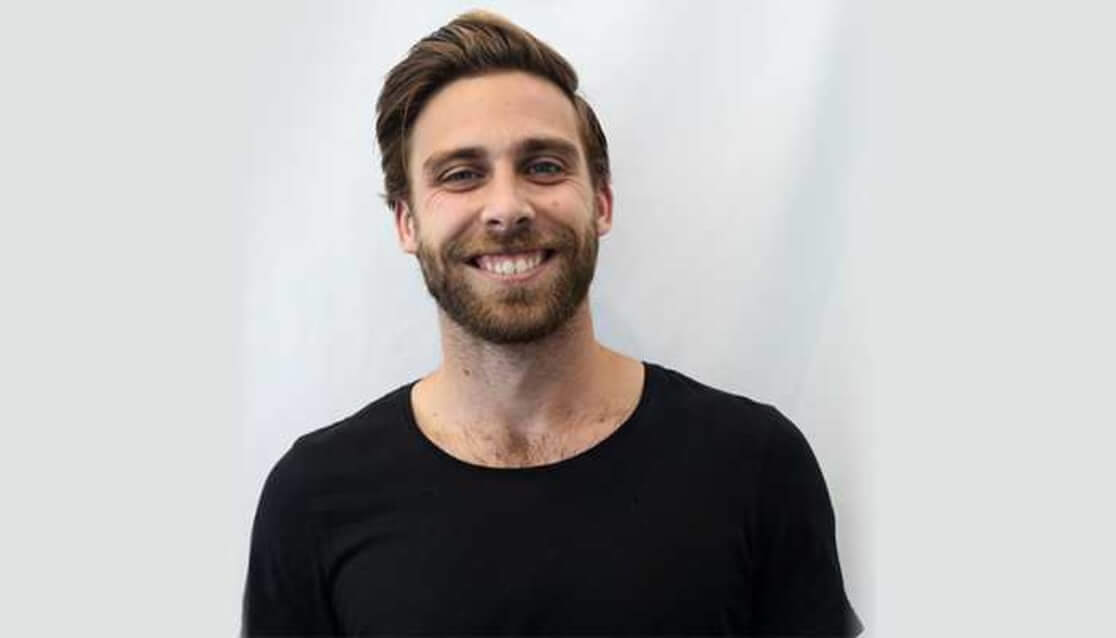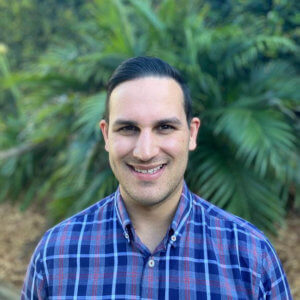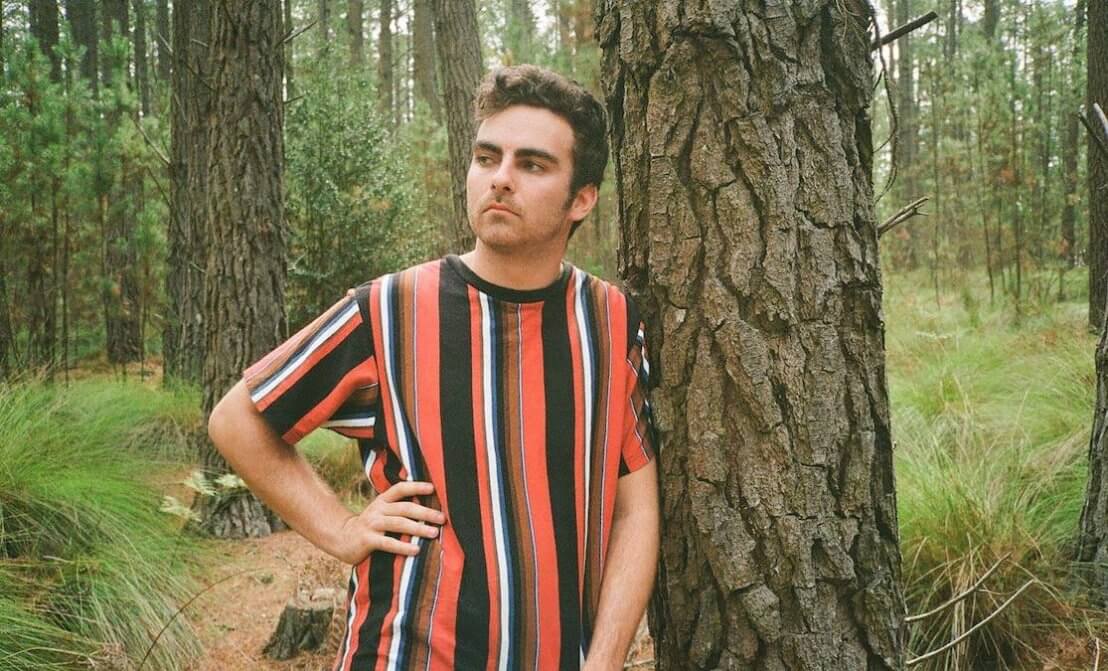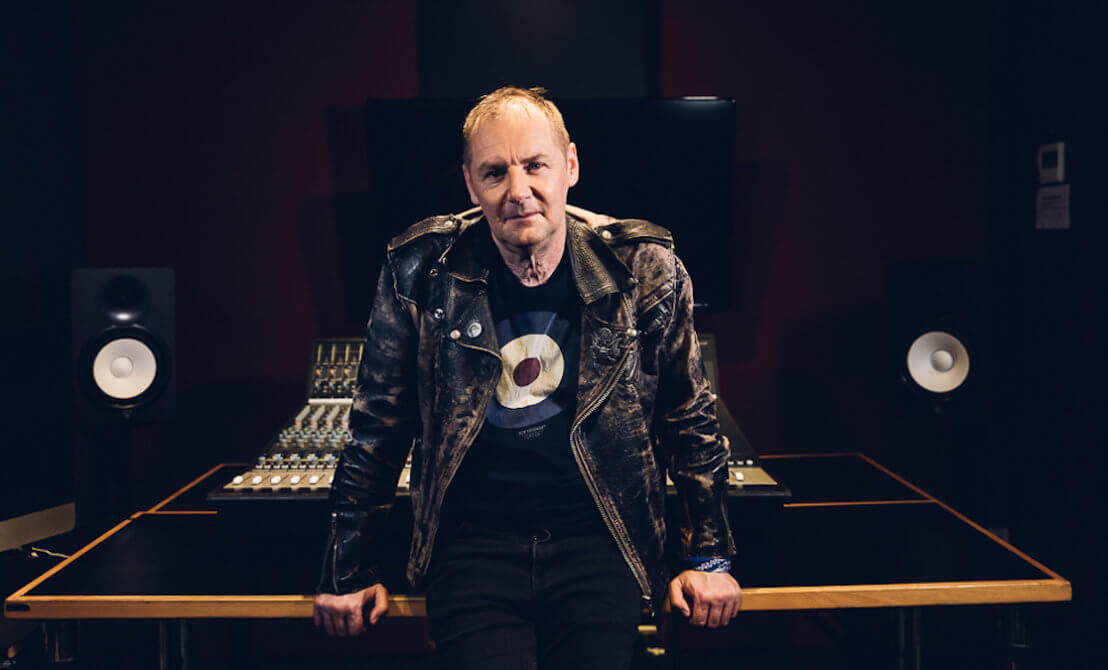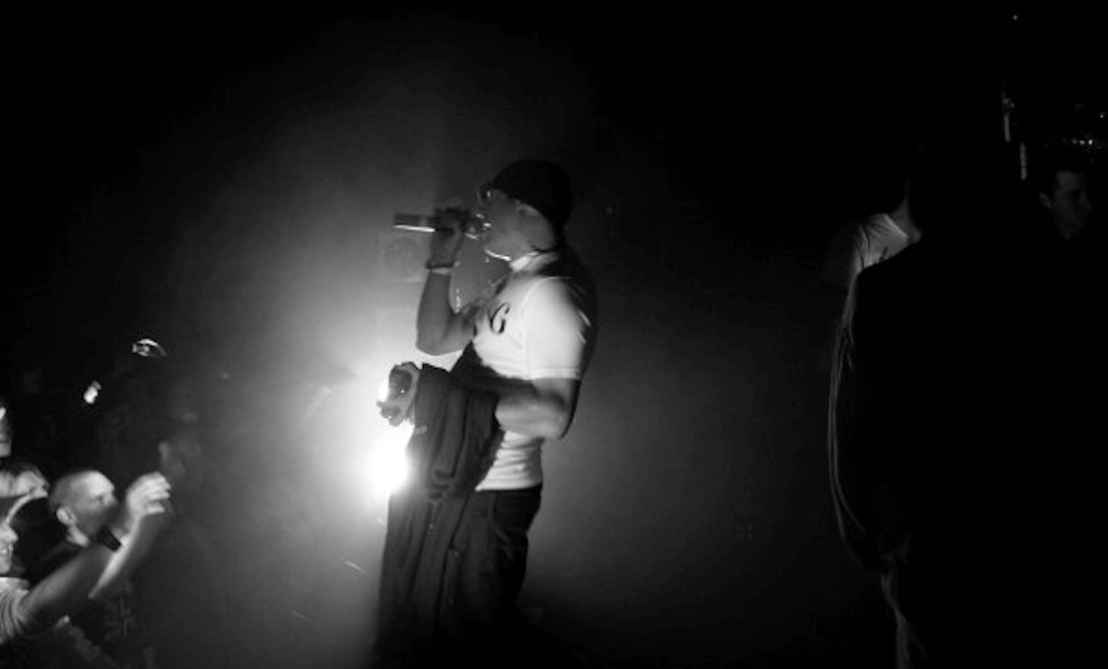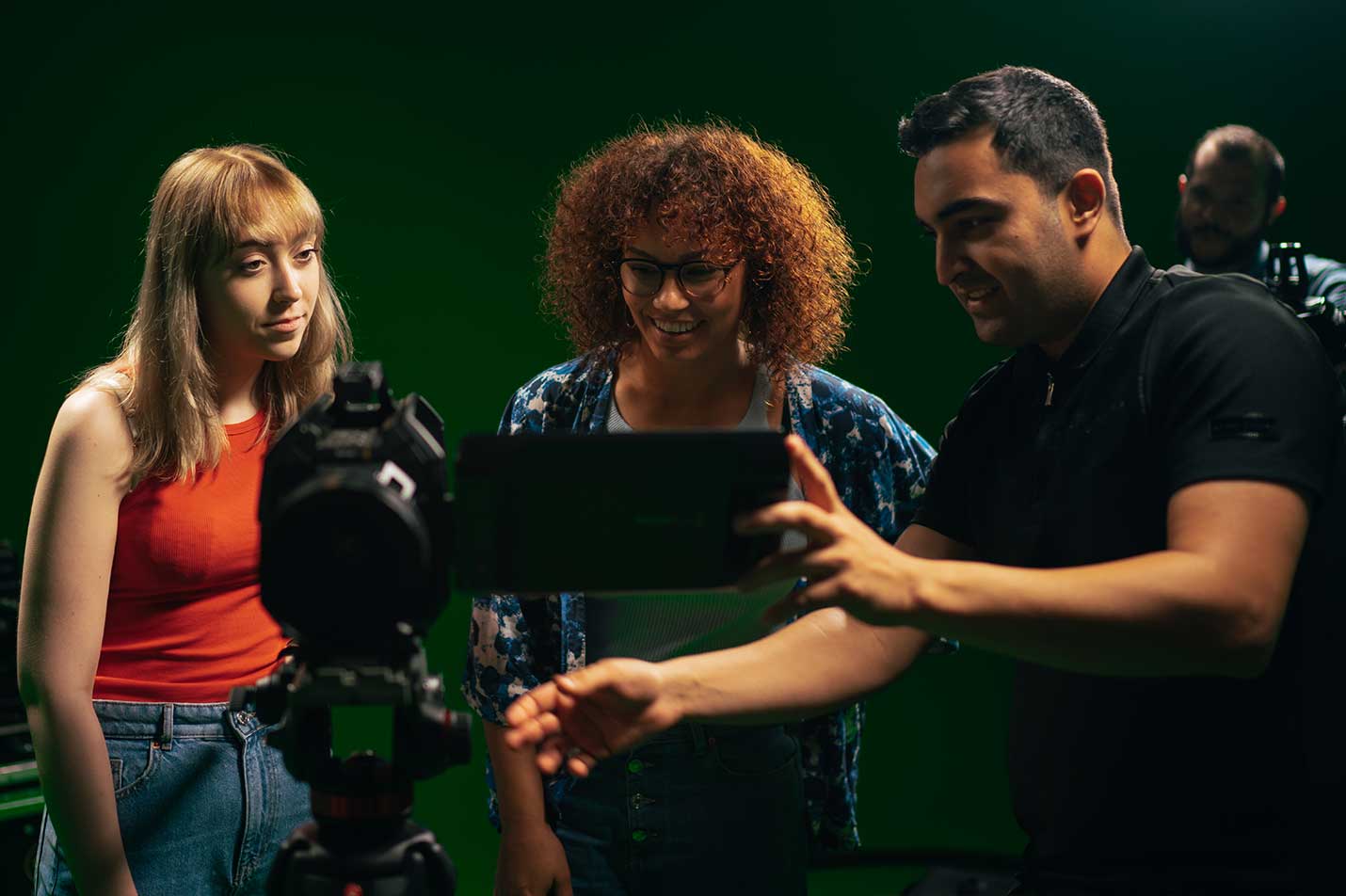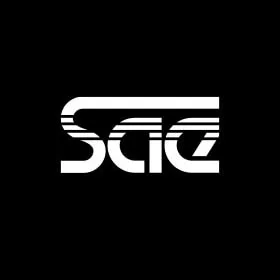
Hi David, can you share your journey in the film industry?
I did an arts degree in film, before embarking on film crew work on feature films, TV series, and TV commercials in Adelaide, Gold Coast, Sydney, and later in the USA. On the side I also began making non-traditional independent music videos, for bands like The Mark of Cain, Lizard Train, and The Superjesus. I’ve also had experience working on large film productions like Fortress, Kangaroo Jack and Oscar & Lucinda, which brought me in contact with top level operators in the industry.
What inspired you to pursue a career in filmmaking?
My dad was a press photographer, my mum is a watercolour artist, and my uncle a cinecamera operator, so it was always going to be something like film for me as a career. When I realised that film covered all the things I was interested in – movies, photography, people, design, music, and travel – I knew the film industry was where I belonged.
What are some of the highlights of your career?
Learning from Garrett Brown, who invented the Steadicam, as well as working with friend and Australian cinematographer Ian Jones ACS have been career highlights. Running a successful film department for many years at SAE has been a source of pride too, and earning a PhD in education is also a key achievement for me.
What do you find most rewarding about teaching the next generation of filmmakers?
I love helping to unlock creativity in new students and seeing them realise that they can do it. Seeing the smiles on the faces of film students on day one of their studies is rewarding when they realise that they’ve made the right choice in studying with us.
How does your industry experience inform your approach to teaching film at SAE?
From my involvement in the commercial film world, along with my independent music video experience, I have combined the best of both of these worlds into my teaching. This combines a slice of the reality of working in the film industry, with an injection of creativity where appropriate. In recent years I’ve gained more academic credentials too, which, combined with my real-world film experience, I think strikes the perfect balance for film teaching delivery.
What are some unique aspects of the SAE film curriculum that set it apart from other institutions?
The clear advantage of adding an academic writing component to the film course complements the hands-on practical edge that sets SAE apart. Mutual inclusivity of the academic and the practical aspects complement each other perfectly.
A great example regarding the practical nature of the SAE film course was when a graduate was on his first film crew gig, and he was seen by a crew member to be correctly rolling an audio cable. This SAE graduate was then told by the crew member that few newbies knew how to do this so early on and, as a result, he was offered extended employment as a video split operator.
What advice do you have for students looking to succeed in the film industry?
Keep shooting! Keep making films, and get your productions out there.
As someone who has navigated the complexities of the film industry, what challenges do you foresee for aspiring filmmakers in the future, and how can they prepare for them?
Just being aware of new trends and processes is key to staying in touch with the future of film. Some advances are going to stay, others may not. Stay current by networking and staying connected. Virtual Production is an example of a new trend, and advances in AI is another. Let’s see where they take us. Just stay in touch with the changes!
What are some common misconceptions about pursuing a career in film, and how do you address them with your students?
Careers in film thankfully are broad and varied, so misconceptions of any perceived film employment reductions are easily debunked. As the times change so do film career options, and therefore so do our film curriculum options. Luckily, studying film at SAE covers the broad areas that will still be required whatever direction film goes in.
Lastly, what excites you the most about the future of filmmaking, both as an educator and as a practitioner?
The future of film is exciting for educators and practitioners because everything is getting better, faster, and cheaper. No longer is a student’s ability to make a film defined by how much money they have, it is more about the cream rising to the top, and so it’s about their ability to create.


